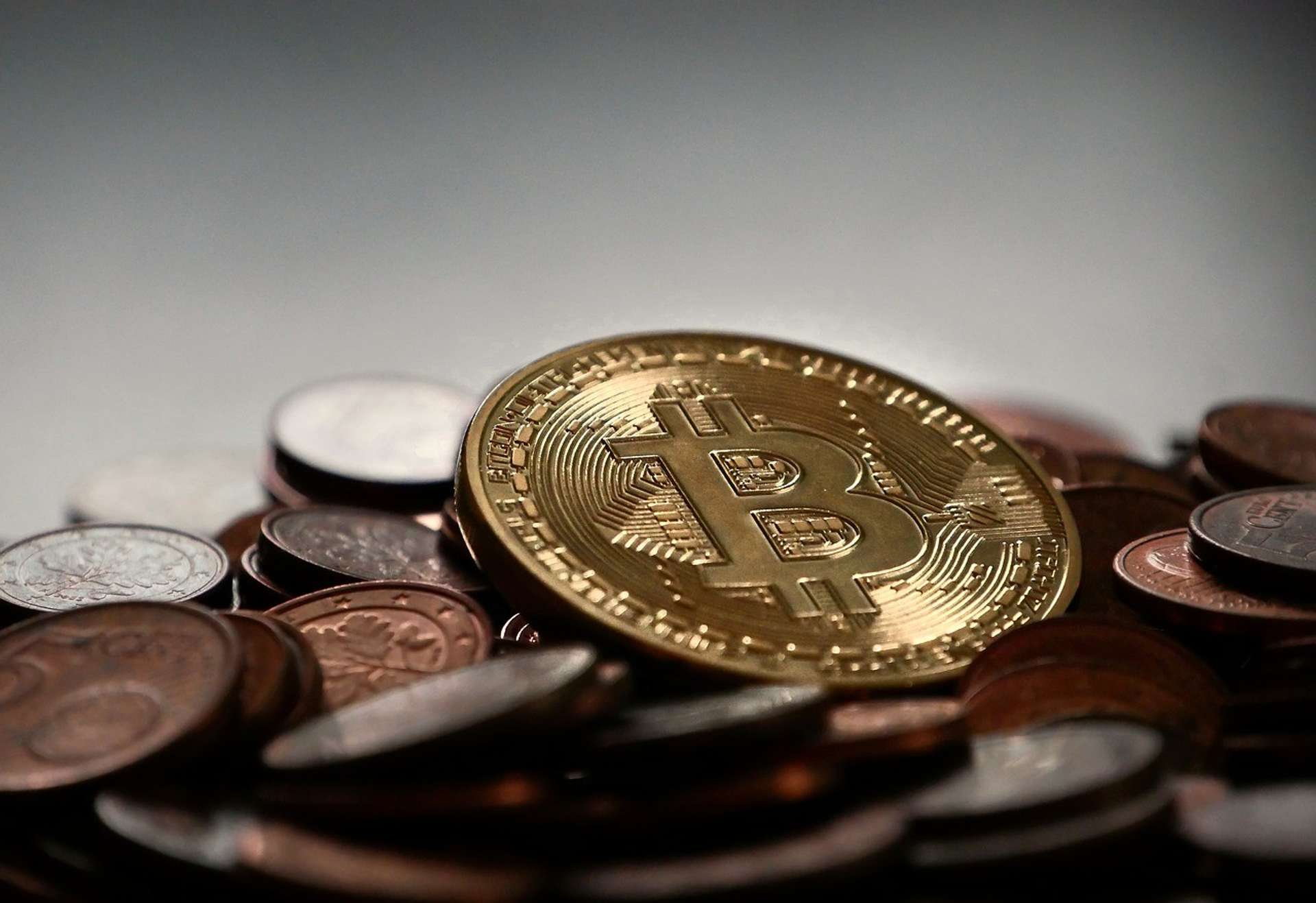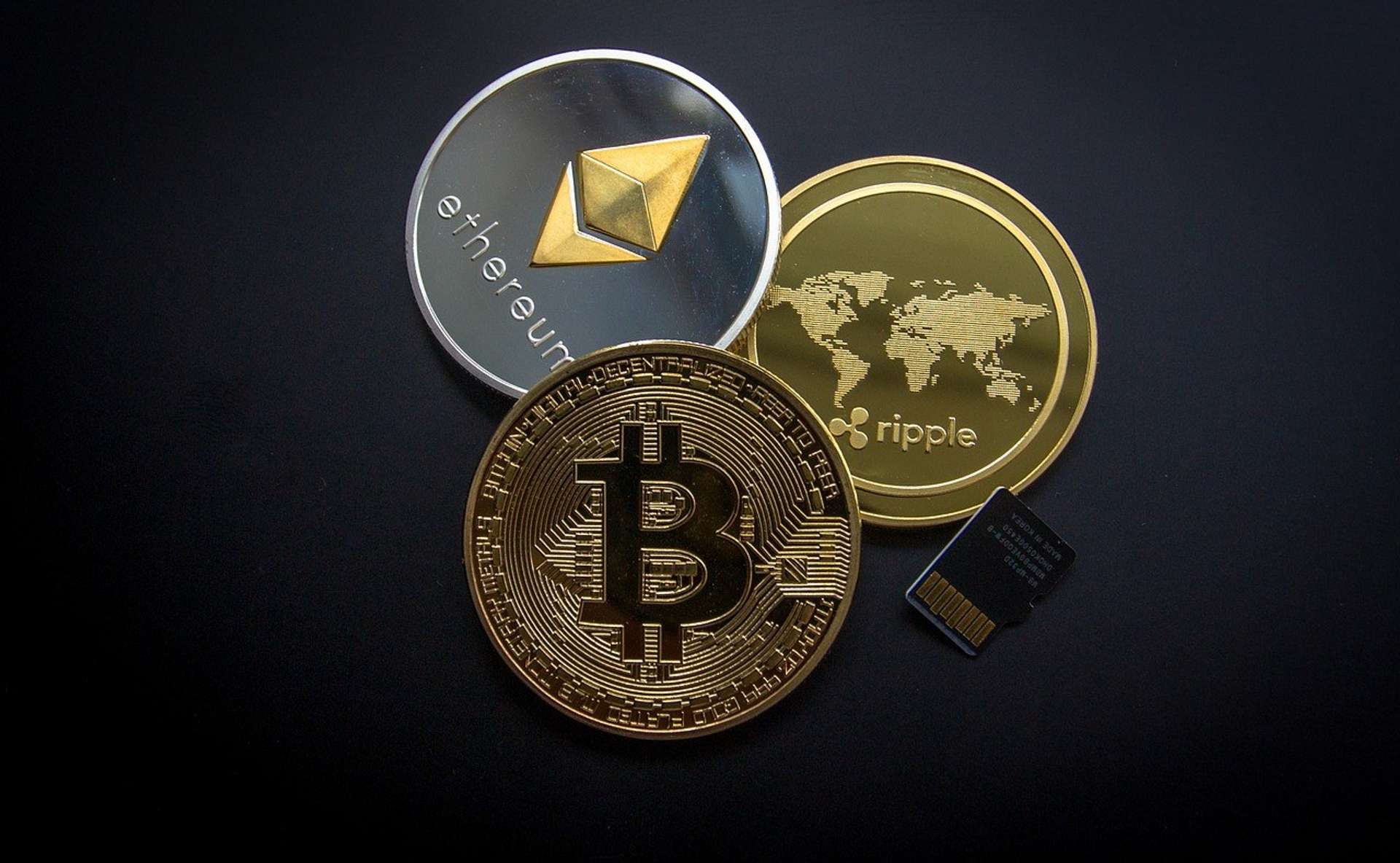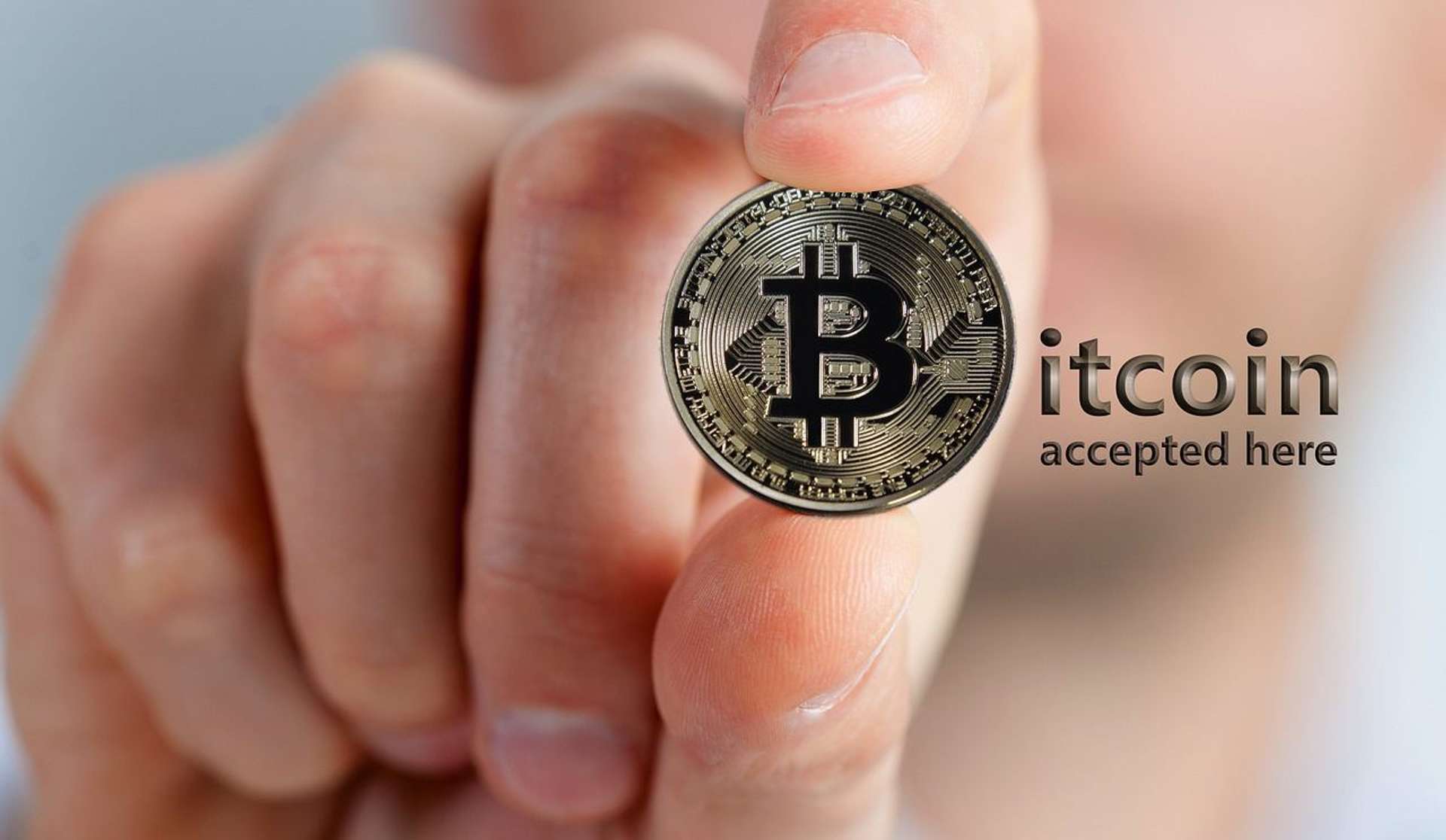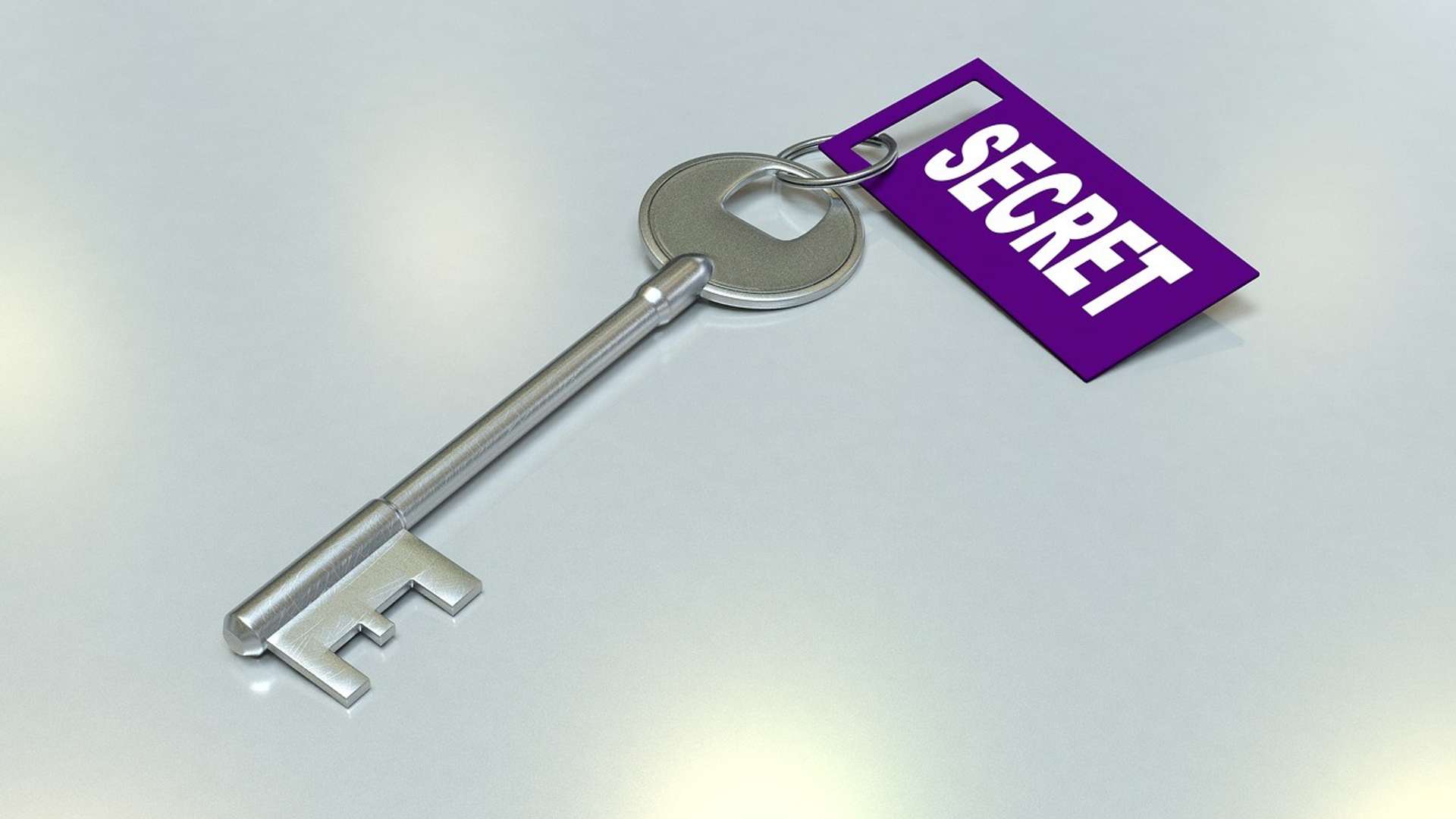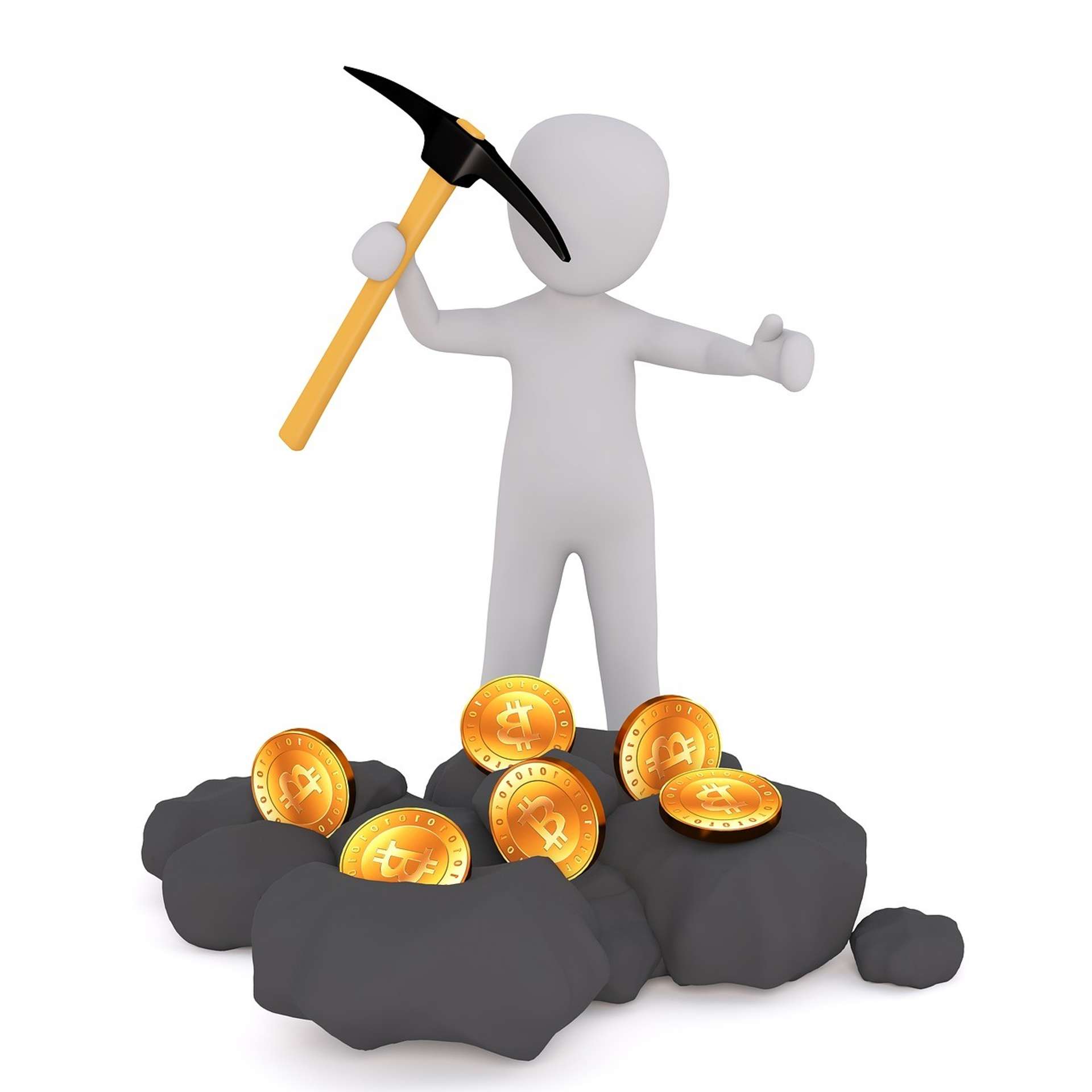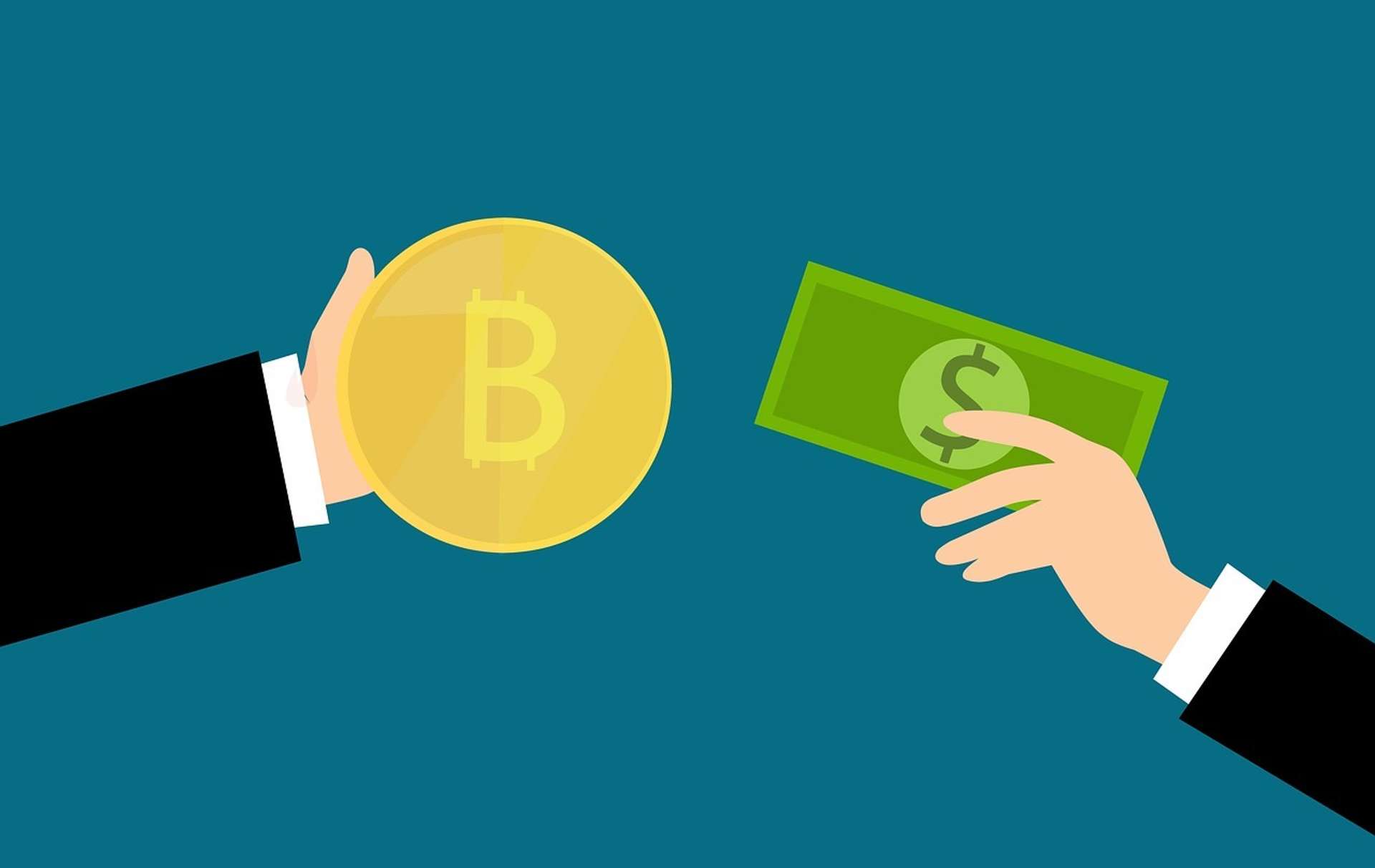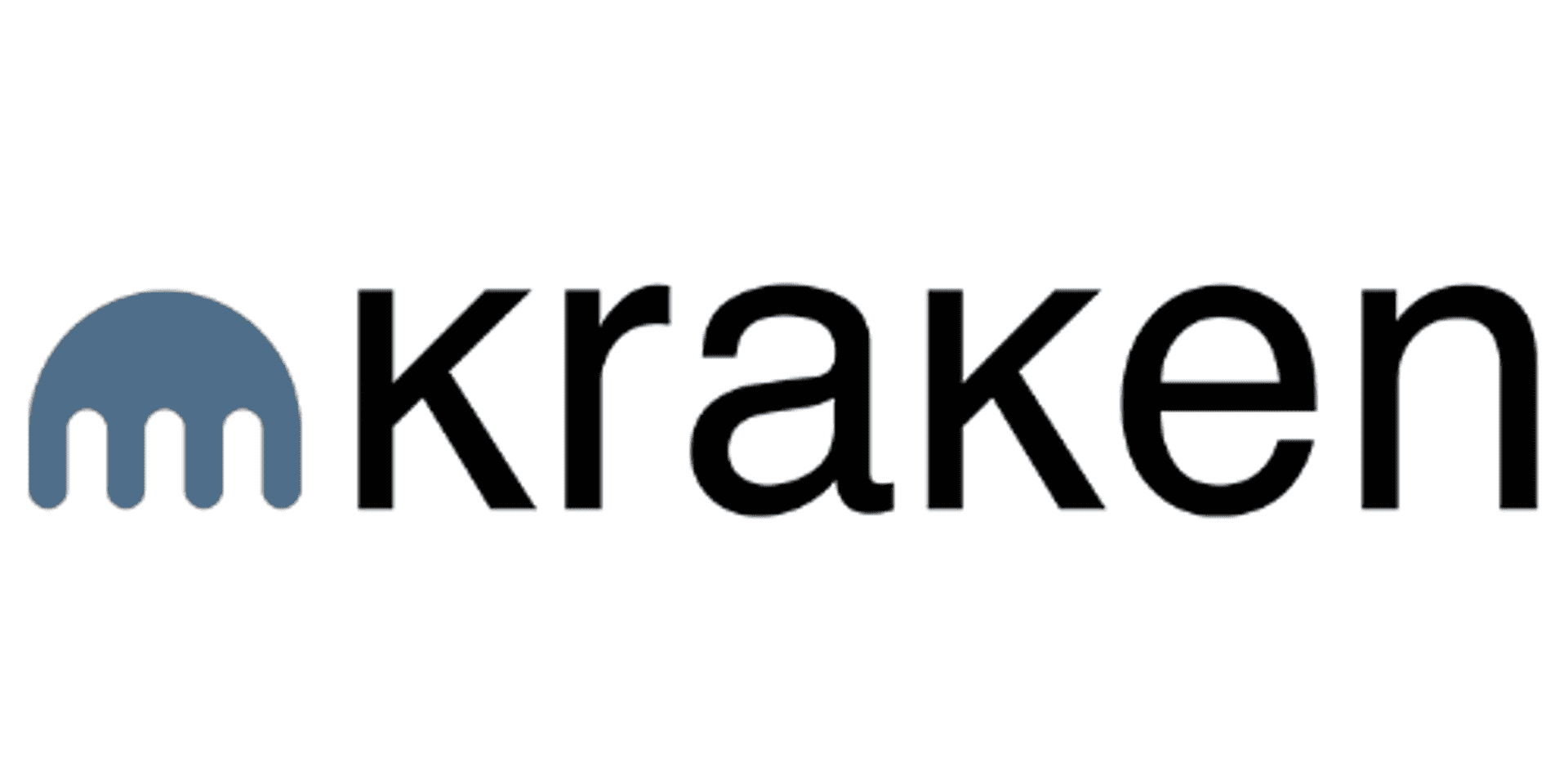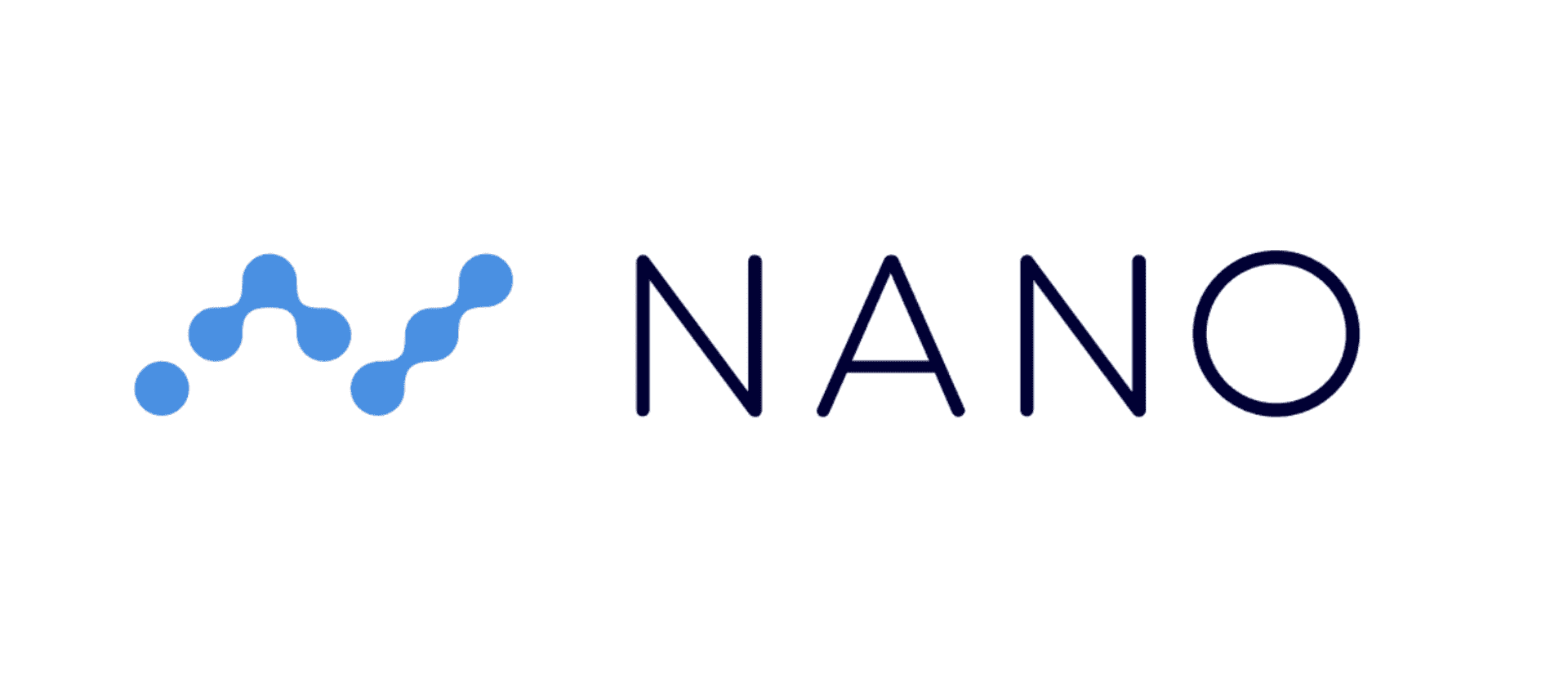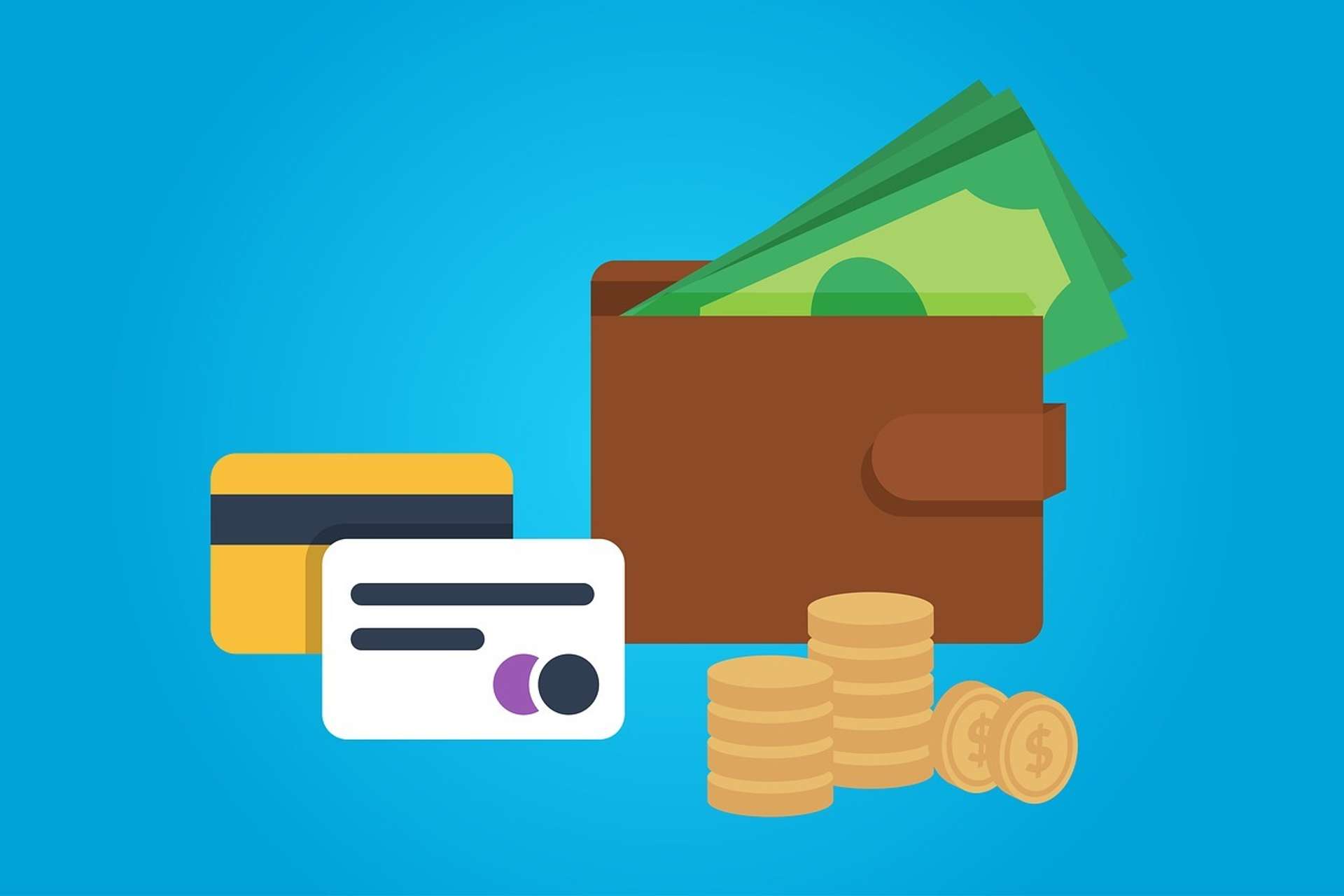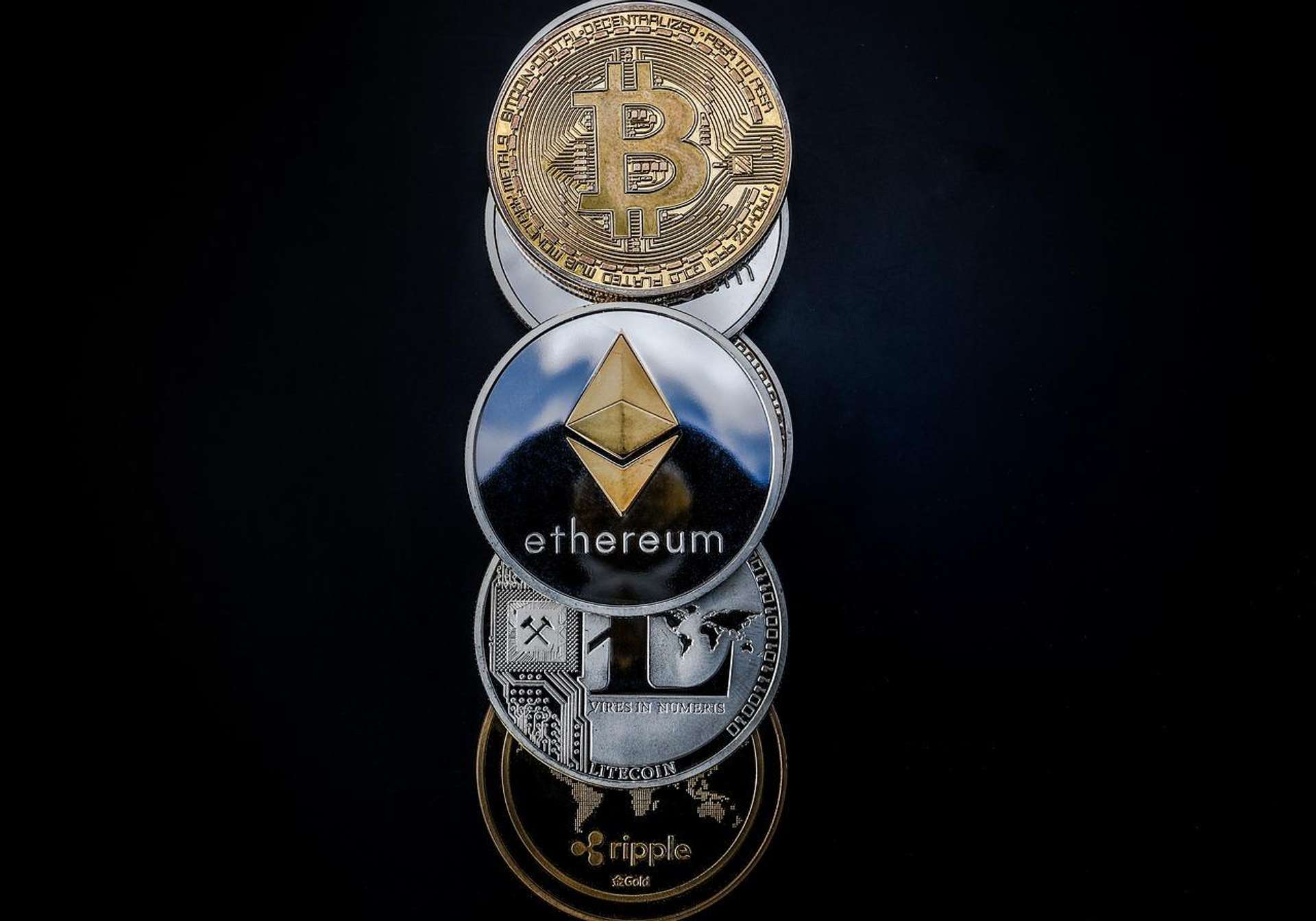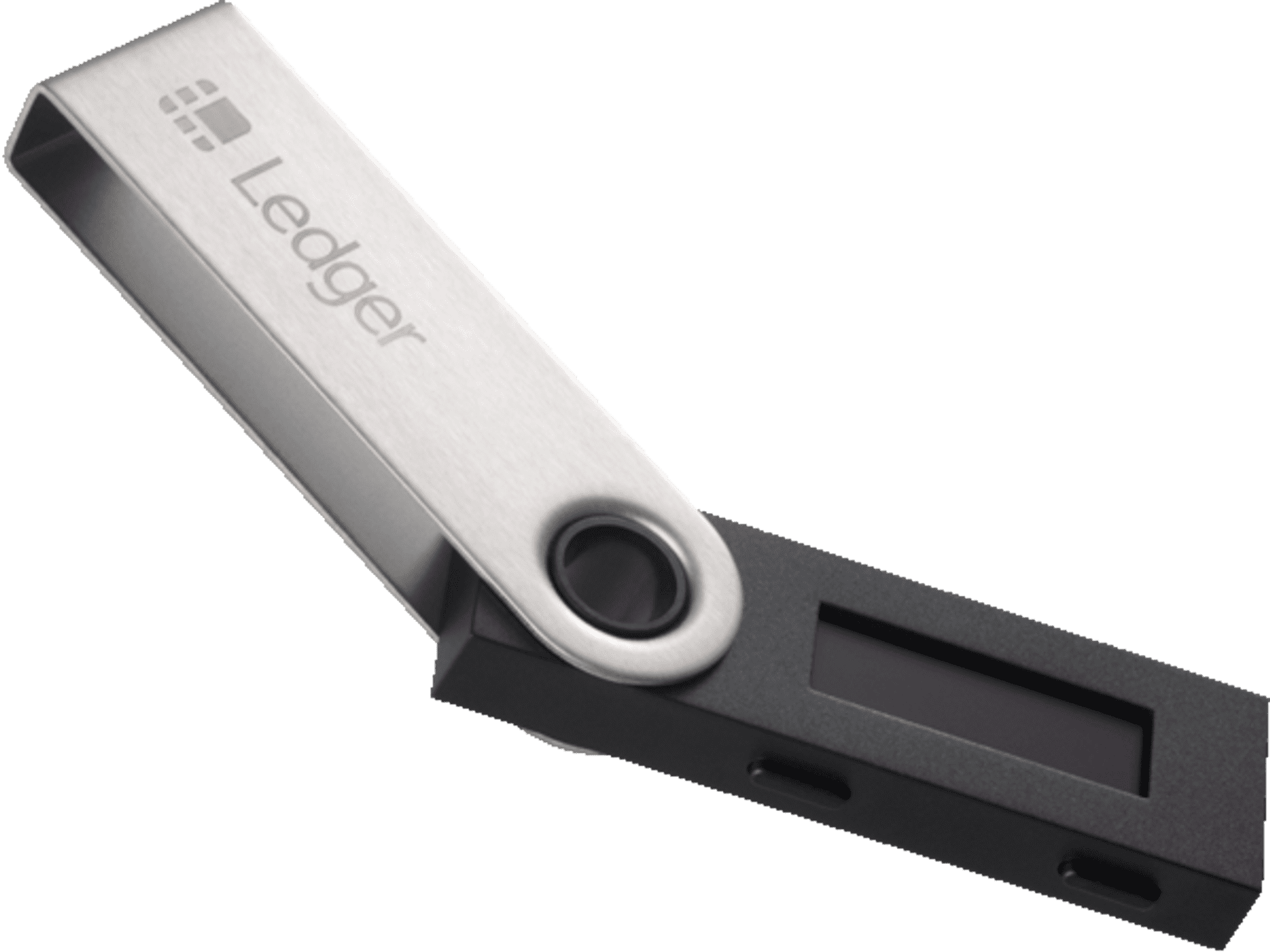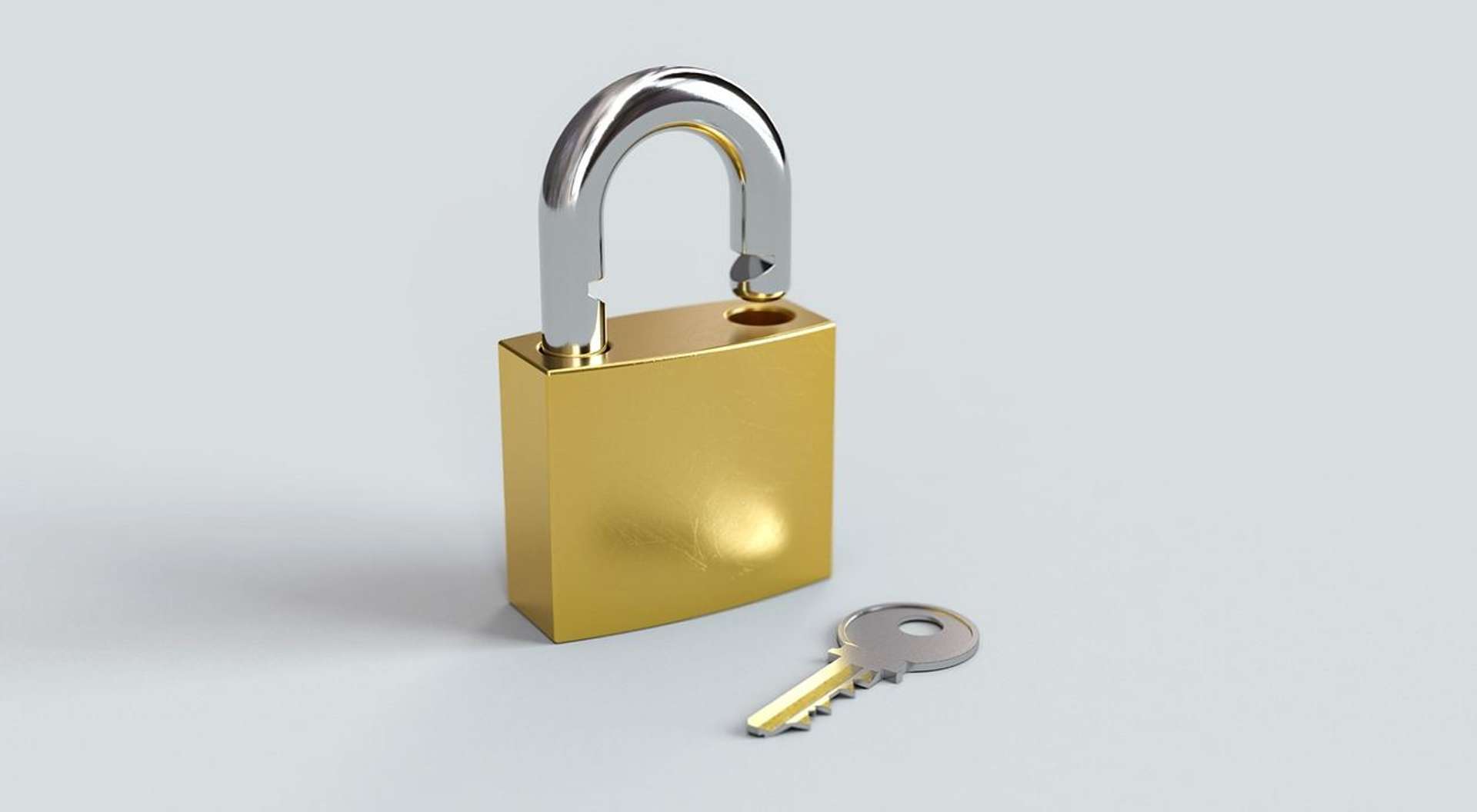The aim of this article is to get you up to speed on the basics of cryptocurrencies. I will go over some of the main terminology, and try to give you a good idea of how to get hold of some, and how to store it properly. Pointing out the differences between standard "fiat" money like dollars / euro / pounds and cryptocurrencies will also feature.
Once you get to the end of the article I hope you will understand what all the fuss is about, and have a better idea of why it is much more than a speculative money making investment.
Cryptocurrencies have been all over the news in recent times, and there are a lot of cryptocurrencies on offer (literally thousands), including the ubiquitous Bitcoin.
Unfortunately, the main focus has been on short term speculative gains, rather than the core technology and potential advantages that cryptocurrencies offer.
Understandably, this may put some people off. However, I would encourage you to look beyond the current hype, as there are a lot of revolutionary ideas in cryptocurrency. It could dramatically change the way the world operates in the not so distant future.
It really is a world worth exploring.
What I won't be talking about... #
A lot of articles about cryptocurrencies focus on one subject:
Which coin is going to make the largest gain in the near future, or make me a millionaire in a few years?
Well if you came here for an answer to that you are in the wrong place. Just wanted to get that out of the way early so I don't waste anyone's time...
What exactly is a cryptocurrency? #
You could say that it is "digital money", but that is a meaningless statement. The money you currently use dollars / euros / pounds is already digital. You don't keep all your money in cash form do you? Most of it lives in a "digital" database organised by your bank.
So if we are already digital, what exactly is cryptocurrency? I have outlined below some of the key differentiating factors between normal "fiat" currency and cryptocurrencies in general:
- Transactions are permanently stored and cannot be changed, ever, by anyone
- The currency is decentralised. There is no single central authority such as a bank, government or person that controls the currency. It is distributed across many locations around the world.
- Transactions are secure by default due to public-private key cryptography. You don't need to trust any intermediary (such as a bank) to make a transaction.
- You don't need permission from anyone (government, bank etc.) to use them, as they are free to access for all
- Transactions have no borders. You can send cryptocurrencies anywhere and to anyone with no limits or restrictions on geographical location or amounts.
- Transactions are pseudonymous [this is not the same as being anonymous, although there are some cryptocurrencies that are anonymous]. You don't have a name on your account like a bank account, so people won't know who you are unless you tell them.
What this boils down to is this:
You can send money to someone, and receive money from someone else. All without having to deal with a bank, or even having a bank account. You can also have absolute confidence that once the money is sent or received it is permanent, verifiable and cannot be changed or reversed.
How easy are they to use? #
It is a new way of doing things, so it is strange and confusing to try and understand at first. I will go over some of the terminology in the next section. In reality though, once set up, it is not a lot different from how you currently use your bank account:
- You have an account number that you can give out to people so they can send you money (called a public key in cryptocurrencies).
- With a bank account you confirm a transaction is real using your debit / credit card and pin (or card details online). With cyptocurrencies you have a private key (like a password) that you need to use to "sign" transactions. This can be simplified even further with hardware devices, but we will get to that later.
The main issue currently #
The main issue at the moment is that you can't use cryptocurrencies in the real world everywhere, which limits their current usefulness.
What can you use cryptocurrencies for right now #
You may be pleasantly surprised as to where you can already use cryptocurrencies.
Shopping #
I would suggest taking a look at coinmap.org, which shows a heat-map of some of the places in the world where a form of cryptocurrency is accepted. There are even some big companies that will accept them such as Expedia, Newegg, Gyft etc.
More interestingly Shopify, which allows people to create online shops, has integrated Bitcoin payments into their online shopping cart. This means that any company, big or small, that wants to accept Bitcoin payments through their online shop can do so with ease.
International money transfer #
One of the main advantages of cryptocurrency is the lack of borders, and instant and automatic transfer of money.
You can for example use cryptocurrency to settle balances with friends, family and co-workers. It can be as simple as scanning a QR code on your phone and confirming the amount to transfer. Really easy.
Plus no extortionate international transfer fees. If you send it to your next door neighbour, or your cousin on the other side of the world, the cost is exactly the same. If you use a no fee cryptocurrency like nano, there is no fee at all, ever!
It will improve #
The fact is that this situation will only improve. The methods by which you can utilise cryptocurrencies will get simpler to use, and more common. There is already a lot of research being done, and deals being made with large companies, and even banks. This should give you an idea of how important and revolutionary the technology is.
Even if you plan to wait a little to get fully involved, I think it makes a lot of sense to get an understanding now. This will allow you to be ready and prepared.
What do all the new words mean? #
Along with new technology usually comes new terminology. I will give you some quick definitions below before we dig in.
Blockchain #
In simple terms the (or a) blockchain is a database where all the transactions are stored (exactly like a traditional ledger).
This database is stored at locations called nodes. A node is just a computer that contains a complete version of the database. There are thousands of nodes around the world, and they all contain exactly the same copy of the database. This means that the system does not exist in one place but is "distributed" around the world. This makes it impossible for governments or other authorities to shut down the system, as it doesn't exist in only one place. If they shut down one node, there are thousands of others.
It is this decentralisation, autonomy and automatic error checking ability of cryptocurrencies that make them so unique.
These nodes talk to each other using a cryptographic algorithm, which ensures that they all agree and hold the same data, essentially forming a network. Furthermore, the cryptographic algorithm ensures that no false transactions can be recorded, and no values can be altered after they are accepted by the network.
If someone tries to change values in the blockchain, or add erroneous data to the blockchain, there are cryptographic methods in place (which I won't go into here) that can spot and reject these transactions. It is this decentralisation, autonomy and automatic error checking ability of cryptocurrencies that make them so unique.
Compare this to a bank. You have a system that is run by humans (notoriously useless error prone creatures) in a central location. This is usually overseen by governments / dictators, which depending on the country could be good or bad. Everybody trusts their bank though don't they?!
I should point out that there are some cryptocurrencies that use something different to a blockchain. However, for all intents and purposes they do the same thing, record transactions. I will therefore stick with blockchain in the article to keep things simple.
Private Key #
A private key is literally a string of random letters and numbers like this:
5Kb8kLf9zgWQnogidDA76MzPL6TsZZY36hWXMssSzNydYXYB9KF
It is essentially your password to your money stored on the blockchain. Your private key should be known by you and you alone. Literally no-one else. Treat it exactly as you would your banking login credentials
Public Key #
A public key looks a lot like a private key, but tends to be a bit shorter. The key below is my personal Bitcoin public key:
37yi7FUNwv5PQvRU1Q2JEmPYeH8XVyPDTL
The fact that I have published my own public key should tell you that the public key is safe to give to people. In fact you will probably want to give it to people. The public key is effectively the equivalent of your bank account number and sort code (or IBAN if we go international). It gives people all the information they need to send you money.
Wallet #
A wallet is where you store your cryptocurrencies. You may hear the terms "software" and "hardware" wallets. They do the same job, but one is stored on a physical device you carry around with you, and the other is stored as a computer file. Typically hardware wallets are considered to be a more secure way to store your wallet information, and hence your cryptocurrencies.
Wallet Seed or Seed Words #
The wallet seed is as important to keep safe as the private key. It is created when you make a wallet, and is effectively a more recognisable form of the private key.
Looking at how long and random the private key above is, you can see that it would be very easy to make a mistake copying it or writing it down. It is also not exactly easy to memorise. The wallet seed is a list of (typically 25-ish) words that are commonly used in English (or other languages in some cases). The order of the list of these words is also fixed.
Although a list of 25 commonly used words doesn't sound very secure or random, it is actually statistically very, very, very unlikely that one person will get the same list twice. Especially when you consider the unique order required.
...so should you ever need to recreate your wallet, the ONLY thing you need are those 25-ish words, and you will have access to the same account again! You could also use the private key, they are one and the same just in different formats.
Altcoin #
An altcoin is essentially anything that isn't either Bitcoin or Ethereum (i.e. the two biggest cryptocurrencies). It stands for alternative coin.
Mining #
Mining is not something you should really worry about too much. It does not happen for all cryptocurrencies, but in some, such as bitcoin, it is used to ensure that the currency stays secure and free from malicious attacks. You could mine cryptocurrency yourself and earn "free" coins, but it is not generally worth the effort as you will earn very, very little unless you have significant computing power at your disposal.
How do I get some cryptocurrencies? #
Currently one of the problems with the general adoption of cryptocurrencies is that it is not necessarily obvious how to get hold of them. Even if people know, they are wary as they think they might lose their money.
With the above in mind, I will explain how to get hold of some cryptocurrencies, and make some suggestions on which websites to use to achieve this.
Currency Exchange #
The best way to get some cryptocurrency, and start using them, is to exchange your normal fiat currency in your bank account (dollars, euros, pounds etc.) using an exchange website. It is like signing up for any online account. Although you may have to provide some form of ID before they let you transfer money into the account.
As there are many exchanges out there, and there have been various scandals with cryptocurrency exchanges over the years, I will make some recommendations, all of which I currently use or have used in the past.
Kraken #
Kraken is my number 1 pick for an exchange that you can convert fiat into cryptourrency. It has a reasonable choice of cryptocurrencies. The only real downside to this exchange is that you will only have access via their website. I believe there is an iOS app available, but apparently it is not very good, and there is no android app available at all.
Coinbase #
Coinbase is one of the biggest exchanges that will convert fiat into cryptocurrency. It is very easy to use, and has both iOS and android apps available. However, they have a limited amount of different cryptocurrencies available.
Once you have your account open on one of the two above, buying cryptocurrency is literally clicking a button. You won't struggle, believe me.
Binance #
If you start with one of the two exchanges above and find that you want access to more cryptocurrencies, then you can consider using Binance. Binance has a lot of different cryptocurrencies available, is very easy to use, has iOS and android apps, and an impressive array of security features to help you secure your account. The only downside is that you cannot send fiat currency to the exchange. It only deals with cryptocurrencies. This ultimately means you will need to send fiat to kraken or coinbase first. Then change the fiat into cryptocurrencies, and then transfer them to Binance.
The above may sound long winded and a bit of a pain, but it is actually a fairly simple process once you have tried it. I would suggest you transfer a small amount of money to the exchange of your choice and have a play around till you get a feel for it.
Cash #
The other option is you skip the exchange, and you buy some cryptocurrency from someone else with cash.
I would not recommend that you go down this road unless you know what you are doing already (i.e. you know how to confirm they have actually sent you the cryptocurrency or not) and absolutely trust the other person involved, or you have no other choice.
Keep things simple and go with the exchange method above.
If you insist on going down this route, you will first need to create a wallet (which I talk about in a later section). Then you simply get them to transfer the funds to your wallet public key address, you confirm the funds are in your wallet, then you give them the cash. Simple. But you MUST confirm the funds arrived in YOUR wallet before giving (or transferring) them any cash.
There are too many coins to choose from which do I pick!? #
This is a good question. There are literally thousands! If you don't believe me take a look at CoinMarketCap, which lists them all.
As I stated at the beginning of my article, I am not interested in which one may go up the most so you can make money. What I am interested in is which coin has the best features for using it as money on a day to day basis.
Unfortunately, due to the volatility (which I will touch on later) that we still see on a day to day basis with all cryptos, there are none that I would recommend you plough all your money into. However, there are some that cover a lot of other bases.
Bitcoin #
This is the obvious first choice. It is the original cryptocurrency, and as such, is the easiest to get hold of. It also has the most options in terms of where you can use it to buy things. I don't personally think it represents the future of cryptocurrencies, but for now it is a safe bet.
Nano #
This coin is a little less known, but it does have some features that make it a potential future winner in terms of use as a real currency:
- Transactions are completely free (unlike Bitcoin and most (if not all) other cryptocurrency coins, which all have small transaction fees)
- It has implemented wallets on desktop, android and iOS making it easy to use (see the next section for more on wallets)
- Transactions are, near as makes no difference, instant
- Hardware wallets, such as the Ledger Nano S, can be used to increase security
Monero #
This coin is the original privacy coin. Transactions are for all intents and purposes completely anonymous, making it great for people who need some privacy (think overbearing governments, dictatorships, law enforcement etc.).
As a downside I would say it's not the easiest to use. However, that is changing quickly with the introduction of mobile and lite wallets, and also the integration of hardware wallets.
The three I have mentioned above represent what I consider to be projects that serve a purpose. They also seem to have good teams behind their ongoing development (or in the case of Bitcoin are just the biggest at the moment). There are other big players like Ethereum, Litecoin, Ripple etc. With a little research you may find a coin that fits your needs better, but for now the above is what I think represent some projects that have the potential to achieve some real world success.
Wallets #
One of the fundamental things to consider with cryptocurrencies is security. This is where wallets come in.
Wallets are basically a place where you store your cyptocurrencies, exactly the same as your bank account. Now you may say "I already have cryptocurrencies stored on the exchange (Kraken, Coinbase, Binance etc.)". You would of course be correct, it is stored on the exchange, but they shouldn't stay there...
Problems with keeping money on an exchange #
Firstly, you don't own the private key that stores the cryptocurrencies, the exchange does. What this basically means is that if the exchange disappears over night or decides to lock you out for whatever reason, you have no way to get your money! This has actually happened before, so don't think it is impossible. I'm not saying it is very likely, but just bear in mind that it can happen, and it's too late when it does.
The second problem is that if you want to try and spend some of your cryptocurrencies, in a shop for example, you can't do that efficiently from the exchange, as exchanges are not designed with this feature in mind.
NEVER keep more cryptocurrency on an exchange than you need to, keep them in a wallet that YOU control.
So what is the solution...Wallets!
Wallets allow you, and you alone, to have access and control over your money. You will own the private key, and the private key is the only bit of information that can access the money in the account. You will also have a public key that allows people to send money to you.
Furthermore depending on the specific cryptocurrency, you may have access to specialised wallet features that enhance usability or security.
In essence always follow this rule:
NEVER keep more cryptocurrency on an exchange than you need to, keep them in a wallet that YOU control.
What exactly is a wallet then? #
The title wallet is maybe a little bit misleading, as the wallet that you create (or own) actually contains no cryptocurrency at all. It is essentially the information that allows you to access the money that you "own" on the blockchain (a blockchain is just a big, publicly available, secure and immutable database as we discussed in a previous section).
The best analogy is your bank account. You have a bank account number so that people can send you money (equivalent of your public key of your wallet), banking login credentials and debit card so you can send people money, and manage your funds (equivalent of your private key of your wallet). However, the money you have in your account is just an entry in the database of the bank (blockchain of that particular cryptocurrency).
Your private key should be known by you and you alone.
A wallet can then be stated as basically the information needed to access your account (private key), send money (private key) and receive money (public key). There is no actual cryptocurrency in your wallet, it is always stored remotely in the blockchain.
Therefore, a wallet consists literally of a private key and a public key. Which are two different strings of random numbers and letters. Which when you think about it is very, very simple.
What is important though is HOW this information is both created and stored. This is where the types of wallet come in.
What wallet "types" are there? #
There are basically three different types of wallet. Hardware, software and paper. They all do exactly the same job, all it comes down to is the balance between convenience and security.
Software Wallets #
Software wallets are the most common and convenient way to store cryptocurrencies, but they are also the least secure. They take the form of android or iPhone applications or desktop applications. They can also be accessed through a website.
For example if you want to create a nano wallet you can download the nano wallet app from the playstore or apple appstore. The app will then take you through the process of creating a new wallet step by step.
At some point it will show you a set of seed words that you should copy down and keep safe. This will allow you to regenerate the wallet should you lose your phone or device where the wallet is stored.
Security #
The thing that makes software wallets less secure than other methods is that the private key is stored in the software. Therefore, if someone was able to compromise the software, then they might get your private key. However, in practice this is unlikely.
The other possibility is that someone has access to your device when you create the wallet, and copies your seed words. This is more likely than a wallet hack, and you should make sure that you only create wallets on devices you know and trust.
Hardware Wallets #
Hardware wallets are the most secure, and in a lot of ways the easiest to use. If I had to recommend a way of storing your cryptocurrencies it would, without a second thought, be on a hardware wallet. Furthermore, if I had to recommend a specific hardware wallet it would be the Ledger Nano S.
A hardware wallet is basically a small usb device that you can plug into your computer or smartphone that lets you send, receive and manage your cryptocurrencies. The thing that makes the device so secure is that the private key is kept inside the device, but it never leaves the device. Not even you know what the private key is, and you don't need to know, as long as you have the device.
What if I lose it! #
You may be thinking "but what if I lose the device!". Well this is where the seed words come in. When you set up the device you are given a list of approximately 25 small words to write down. This is only done once, and the words uniquely identify how your device was initialised during setup. Therefore if you ever lose your device, you can enter the same 25 words into a brand new hardware wallet, and it will be initialised identically to the one you lost.
You can then continue as normal as if you never lost the device. The private key generated inside the device will be exactly the same.
As you would expect the 25 words are therefore very important and should be kept very securely in multiple locations as a backup!
How do I use it? #
In simple terms you plug the device into the computer and confirm a transaction by clicking a button.
What actually happens is that the device "signs" the transaction with your private key inside the device. It then sends the signed request to transfer funds to the blockchain. The transfer of your money from your funds that exist on the blockchain, to someone else's account on the blockchain, will only succeed if it was your private key that signed the request.
As the signing occurs inside the device, your private key is never exposed, and so cannot be stolen! (Please note that the transfer of funds occurs on the blockchain, there is no actual money inside the device).
Another advantage is that you can access more than one cryptocurrency on a hardware wallet, so you only need one device to manage all your cryptocurrencies.
Please note that although the hardware wallets can deal with a lot of different cryptocurrencies, they cannot deal with them all, so be sure to check your preferred coin is supported before buying the device.
Paper wallet #
A paper wallet is probably the most secure way to store funds for long periods of time. Unless you are extremely paranoid I would say this method is not necessary. Either the hardware and / or software wallet will cover most use cases.
To make a paper wallet, run the software needed to create the wallet on a computer that is not connected to the internet (the desktop software for each coin is typically available from the official website of that particular cryptocurrency). Then write on a piece of paper the private and public keys. You then format the drive of the computer used to generate the keys, so the only copy of the private key in existence is on the paper.
With this method there is no way for anyone to get access to your money, unless they find and copy the piece of paper. You could keep it in a safety deposit box for example. It is also recommended to make multiple copies in case one is lost or destroyed.
This method is only good if you want to store money for a long time. As to send money you need to use your private key. The only way to use your private key is on a computer connected to the internet, so you can access the blockchain to confirm the transaction. As you *may* have exposed your private key when you used the private key online, you will likely then need to transfer the remaining funds in the original wallet to a newly generated paper wallet to ensure security is to the same level.
In reality this method only gives you a little bit more security than a hardware wallet, so in my opinion is not worth the effort.
Recommendation #
In terms of which wallets to use I would therefore recommend the following:
Software wallets should be used for a limited amount of funds used on a day to day basis for convenience (think current account)
Hardware wallets should be used to store the bulk of your cryptocurrencies (think savings account). Then use the hardware wallet to top up the software wallet when required.
Paper wallets are for people who wear tinfoil hats, or have vast, vast amounts of wealth.
Volatility #
Cryptocurrencies are very volatile at the moment. I would expect this to be the case for a while.
This is mainly down to the fact that the general populous don't use them. Plus, the majority of the people that do use them seem to only use them as a commodity to make money, rather than for their core technology.
As the technology is taken into the mainstream this will change. It will also become clearer which of the thousands of coins that are currently available are going to come out on top, and be used by the general populous.
You could draw a parallel with MySpace vs Facebook: the initial idea was floated by Bitcoin (MySpace), but that does not mean it will be the winner in the end as [insert future top crypto here] (Facebook) will come out on top. Better alternatives may arise, and in the interim there will be many contenders for the crown.
Conclusion #
Personally, I am convinced that cryptocurrencies will be around permanently in one form or another. What form that eventually takes is anyone's guess, but rest assured they are not going to disappear soon.
I am excited to see where it could take us in a few years time when the technology is a bit more mature, and some of the not so great ideas have fizzled out.
I therefore think it is important that people generally have some kind of grasp of how the technology works. As with so many things in life, the best way to learn is to get your hands dirty! With that in mind I would suggest not putting all your savings into cryptocurrencies just yet, but certainly getting a feel for them is well worth your time.
If anything in the article is unclear, or you want some more clarification or guidance on something I've covered, please don't hesitate to write a comment below and I'll do my best to get back to you ASAP.
Also...on the off chance that my article manages to get you up and running with cryptocurrencies, you could always experiment by sending a small amount my way! Check out my donation cryptocurrency addresses at the link below (and my android app Wanderfile as well if you like):
Happy spending!
🙏🙏🙏
Since you've made it this far, sharing this article on your favorite social media network would be highly appreciated. For feedback, please ping me on Twitter.
...or if you want fuel my next article, you could always:
Published
